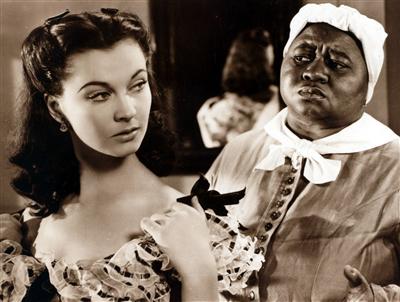Black Women/Black Literature consist of an interview between Joanne Kilgour Dowdy and Christina McVay a professor in the Pan-African studies department at Kent State University. McVay is your average instructor besides the fact that she's a White woman. Interview dives into McVay's passion for Black literature and culture, and the most obvious questions "Why teach Pan-African studies?". McVay goes on to explain her father's love of words and literary, also her friendship with a Black girl that exposed her to the art of Black composition. She read abundant power black literature like The Autobiography of Malcolm X and Eldridge Cleaver provided by her friend's older siblings. Through this friendship McVay is given the opportunity to see beyond her white lifestyle into a dimension of Black idealism.
Christina McVay's passion for not only Black literature but Black literacy reminds me of the film "Freedom Writers". A movie based of a White teacher thrown into one of the roughest schools in California. With her love of education and students she combines their lifestyle with the traditions of the English to introduce them to literature. McVay uses creative ways to introduce her students to the basics of traditional English. McVay's teaching philosophy is built upon the belief that "... Black English is a legitimate language." (94) McVay's goal is to educate her students not assimilate their thinking into a standard process. Christina McVay teachings has her pupils embracing the English language and their culture at once.


